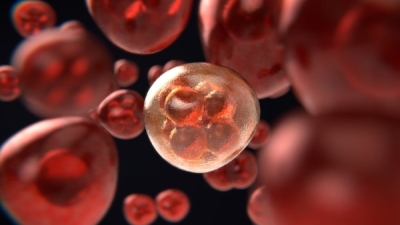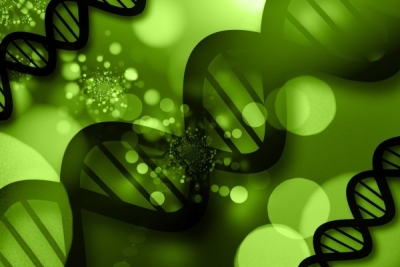Alcohol dependence is a chronic and multifactorial disease; several factors contribute to its development, including the amount and frequency of alcohol use, the individual's health condition and genetic, psychosocial and environmental factors. When comparing alcoholism to other chronic illnesses, drug treatment options are limited.
An article published in September 2022 proposes that spironolactone can be an alternative for the treatment of alcohol use disorders (1). Spironolactone is a diuretic (increases the elimination of water through the urine) and antihypertensive (decreases blood pressure) medicine indicated to control arterial hypertension (high blood pressure), treat edematous disorders (related to swelling), primary hyperaldosteronism (overproduction of the hormone aldosterone) and hypokalemia (decreased level of potassium in the blood). Spironolactone competitively inhibits aldosterone, a hormone produced by the adrenal gland in the kidneys, leading to excretion of sodium and water and retention of potassium.
The referred study was first conducted in rodents, where the researchers noticed that the use of spironolactone reduced the compulsive consumption of sweetened and unsweetened alcoholic solutions in mice, without altering the consumption of food or water by the rodents and without adverse effects on motor function and coordination. The next step in the investigation was to conduct a retrospective review of the medical records of soldiers in the US veterans' health system. The objective was to evaluate the hypothesis that spironolactone could have reduced alcohol use in patients who used this medication prescribed for other clinical problems. The evaluated medical records were of patients who had consumed alcohol before the clinical treatment and the analysis indicated a reduction in alcohol consumption by these individuals. The greatest effects occurred among those who reported heavy episodic drinking or hazardous drinking and those exposed to more than 50 mg/day of spironolactone.
The mechanism by which spironolactone reduces alcohol consumption is still under investigation. There are hypotheses indicating that high circulating levels of aldosterone (a hormone inhibited by spironolactone) may contribute to increased alcohol consumption through increased anxiety, facilitating activation of the brain stress system and/or inducing neuroinflammation (2). To understand more about the association between anxiety and increased alcohol consumption, see our text on how “Drinking to deal with negative emotions is a warning sign”.
Alcohol dependence is a chronic and heterogeneous disease, which means that several factors contribute to its development: the amount and frequency of alcohol use, the individual's genetic and health condition, psychosocial and environmental factors. Thus, it is important to classify potential biomarkers of spironolactone-correlated efficacy in various patient groups. To consolidate these initial data presented by the research, the authors point out that further studies are needed to assert spironolactone effectiveness in the treatment of alcohol use disorders.











